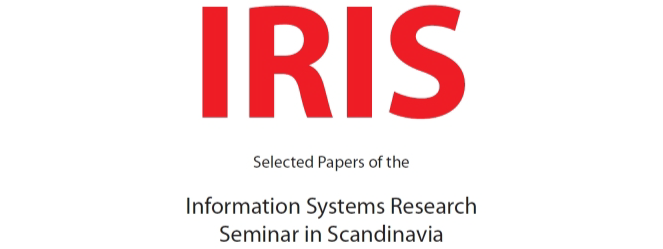Abstract
This study sets out to advance our understanding of how re-users are being portrayed in policy documents and in a set of topic reports. Drawing on user innovation theories, implications are discussed for the future innovation scene and its main identified user groups: companies and developers, researchers, journalists and non-governmental organisations. Findings reveal differences between the two types of documents, both in relation to the user groups presented and their role in the value chain. While the policy documents mainly acknowledged user groups belonging to the ICT sector and emphasised economic values, the topic reports presented a much more diverse and heterogeneous view of open data users; revealing that there is no ‘one’ user group and impact’, rather, outcomes such as service innovation were related to all user groups. In particular, possible implications for innovation were related to three areas: 1) which re-user groups are acknowledged in the selected policy documents and topic reports?, 2) where in the data value chain are the different re-users placed and what value are they expected to generate?, 3) how might the current way of portraying re-users in policy documents and topic reports influence the shaping of the emerging open data innovation scene? For conclusion, this paper points to the identified simplistic view of user group’s relation to innovation in the policy documents as a possible hindrance for obtaining a broad innovation scene where heterogeneous innovations can emerge.


